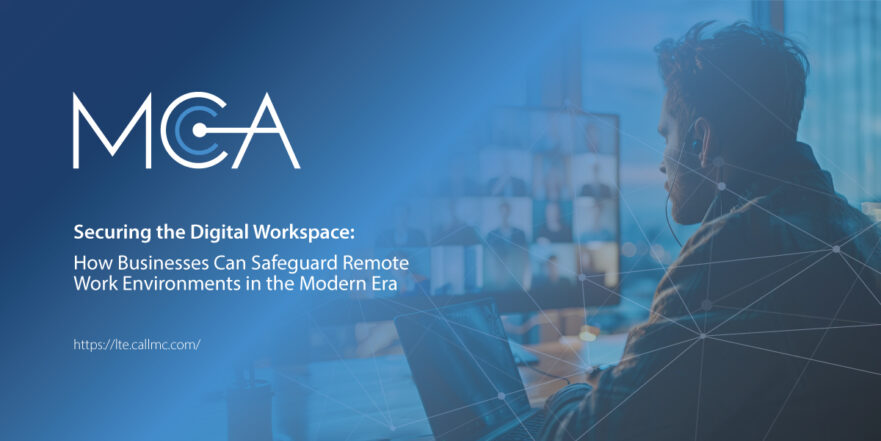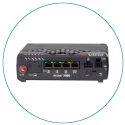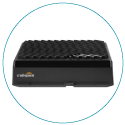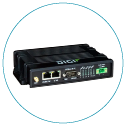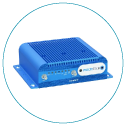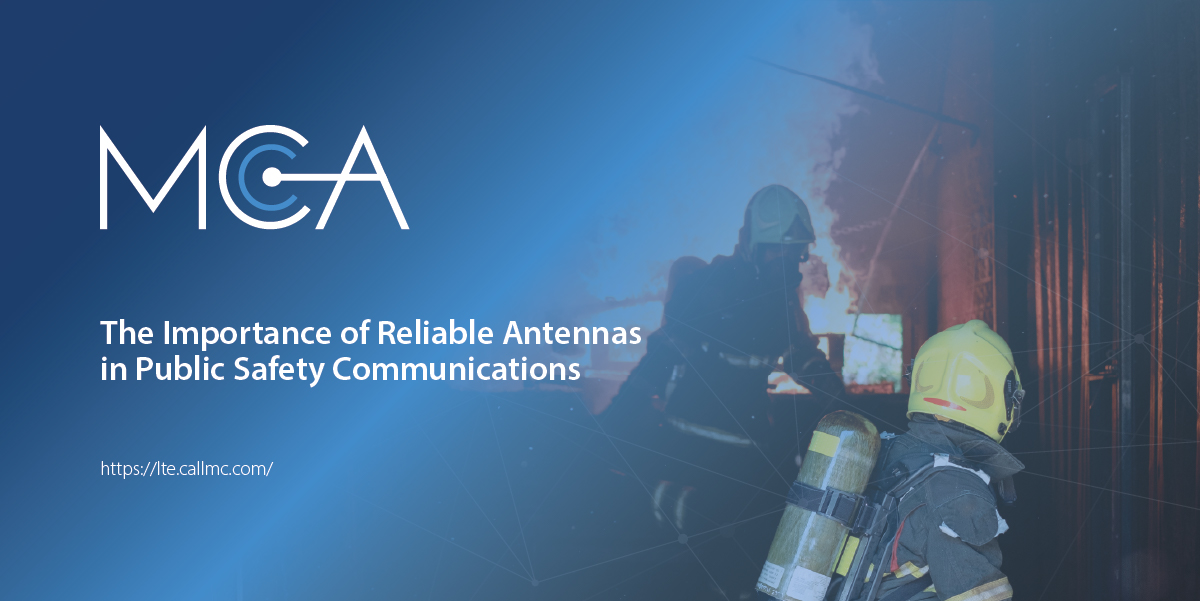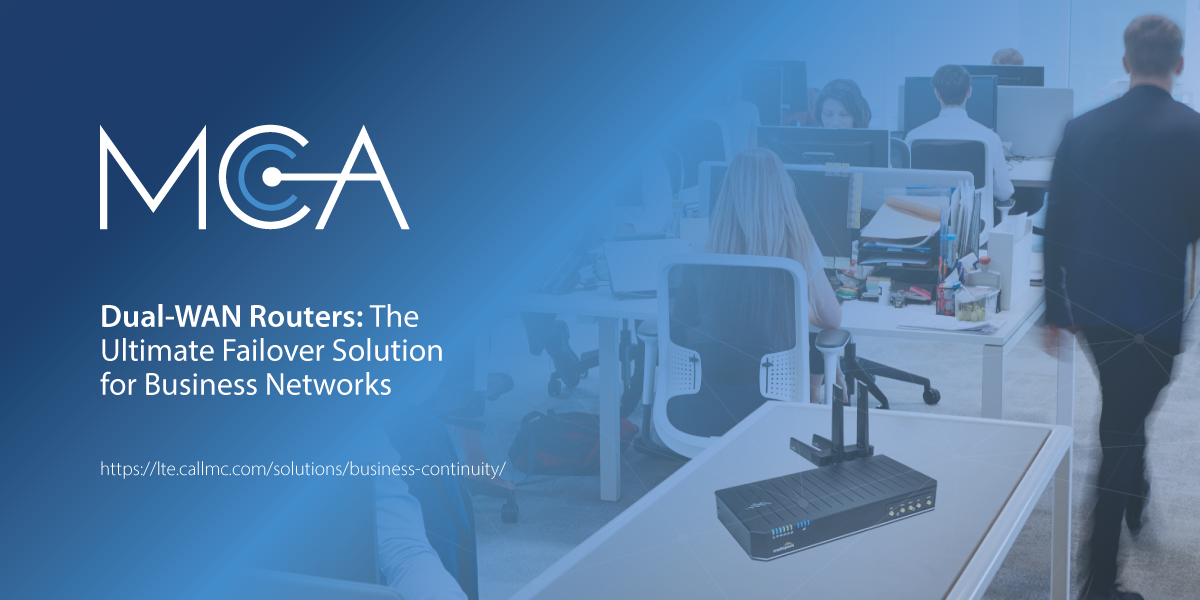Your Team Can Work From Anywhere, Securely
The office environment has transformed significantly. Nowadays, employees are more likely to enjoy lunch in their backyards than in a sterile breakroom. Instead of enduring bumper-to-bumper traffic, they simply walk down the hallway from their bedroom to their home office. According to Upwork, over 32.6 million Americans will be working remotely by 2025. This shift means that nearly a quarter of the workforce will have the flexibility to do laundry during conference calls.
However, this new way of working presents challenges for IT teams. Managing the security of these expansive remote networks can be daunting without a unified solution.

The Shift to Remote Work
The pandemic cemented remote work's place in enterprise business. Practically overnight, nearly every nonessential worker transitioned to remote roles. While initially jarring, this shift demonstrated that companies and employees could operate effectively without a dedicated workspace. Essentially, work became an activity, not a location.
This transition was relatively smooth for companies with a "cloud-first" mentality. However, those needing more equipment, expertise, and funding to support a remote workforce faced significant challenges. Network and application access requests surged, and VPN usage increased by 124% between March 8 and March 22, 2020, creating a backlog that limited personnel could only slowly resolve. Over time, IT teams recognized that the locations from which people were connecting and the security of those connections left enterprise networks and corporate data vulnerable.
Remote Work Security Risks
Despite the rise in corporate productivity with the expansion of remote work, a staggering 73% of executives believe remote workers pose a significant security risk to their business. These risks often stem from unsecured personal devices and home or public Wi-Fi networks, which weak passwords or neglected security updates can easily compromise. Like their office counterparts, work-from-home employees must remain vigilant against common network threats, such as phishing attacks and email scams.
Security concerns for remote work are heightened by the comfort of home environments, where employees may not monitor as vigilantly, potentially leading to relaxed cybersecurity practices and increased risks of physical theft.
Protecting Enterprise Networks Without Limiting Remote Options
Despite the risks, remote work is here to stay. According to an Owl Labs study, about 16% of companies are fully remote, operating without a physical office. As this number continues to grow, how can enterprise networks remain secure?
Embrace a Zero Trust Model
Zero trust security frameworks rely on micro-segmentation and dynamic security policies to continuously authenticate users based on identity, location, device, and usage patterns. These models can swiftly and automatically isolate any attempted attacks by segmenting user access to resources.
For remote work scenarios, zero trust solutions offer robust protection for web and email interactions, as well as application access on unmanaged devices. Techniques like remote browser isolation (RBI) create virtual barriers, ensuring web data is safely processed when users interact with links. On personal or unmanaged devices, web application isolation (WAI) and privileged remote access (PRA) move applications to a secure cloud environment, enabling access while maintaining strong security measures.
Enhance Visibility with SASE
Traditional VPN backhaul offers limited visibility, which can be problematic in remote work settings where data is accessed outside the network. A Secure Access Service Edge (SASE) solution addresses this by enabling IT teams to apply security policies to users regardless of their location or the resources they’re accessing. This enhances visibility and monitoring capabilities, allowing IT teams to ensure secure resource access.
A SASE framework provides a comprehensive security stack, including zero trust isolation, category-based enforcement, web security, content disarm and reconstruction, and more. It also features cellular-optimized traffic management solutions, which can be controlled from a unified system.
Educate End Users
Human error remains a significant threat to enterprise security. While mandatory and repetitive training programs are essential, basic actions can also make a substantial difference. Simple steps such as changing default passwords and implementing multi-factor authentication can slow down or even deter potential attackers, helping to safeguard the organization’s security.

Finding Balance with Enterprise Security
Across industries, employees worldwide agree that job satisfaction hinges on enjoying a flexible lifestyle. Remote work offers this flexibility—whether working from a coffee shop, lounging in bunny slippers, or even from a five-star resort. However, ensuring this flexibility doesn’t compromise company data security is crucial.
Unlike the cumbersome software clients of the past, zero trust solutions operate seamlessly in the background, requiring no special employer-provided equipment. This allows for a smooth remote work experience, enabling employees to access essential resources without unnecessary obstacles. Meanwhile, IT teams benefit from simplified network security management through SASE, particularly when deploying a cohesive solution from a single vendor.
About MCA and Our CNS Team
MCA is one of the largest and most trusted integrators in the United States, offering world-class voice, data, and security solutions that enhance the quality, safety, and productivity of customers, operations, and lives. More than 65,000 customers trust MCA to provide carefully researched solutions for a safe, secure, and more efficient workplace.
Our Cellular Networking Solutions (CNS) team (formerly known as USAT) is made up of certified experts in designing and deploying fixed and mobile wireless data connectivity solutions for public and private enterprises nationwide - complete with implementation, training, proof of concept (POC), system auditing, and on-site RF surveying services with optional engineering maintenance contracts.
Our extensive Cradlepoint catalog of world-class routers, gateways, and software designed for remote monitoring and management in even the harshest environments allows us to deliver a full suite of reliable technologies capped with a service-first approach.
Share this Post
